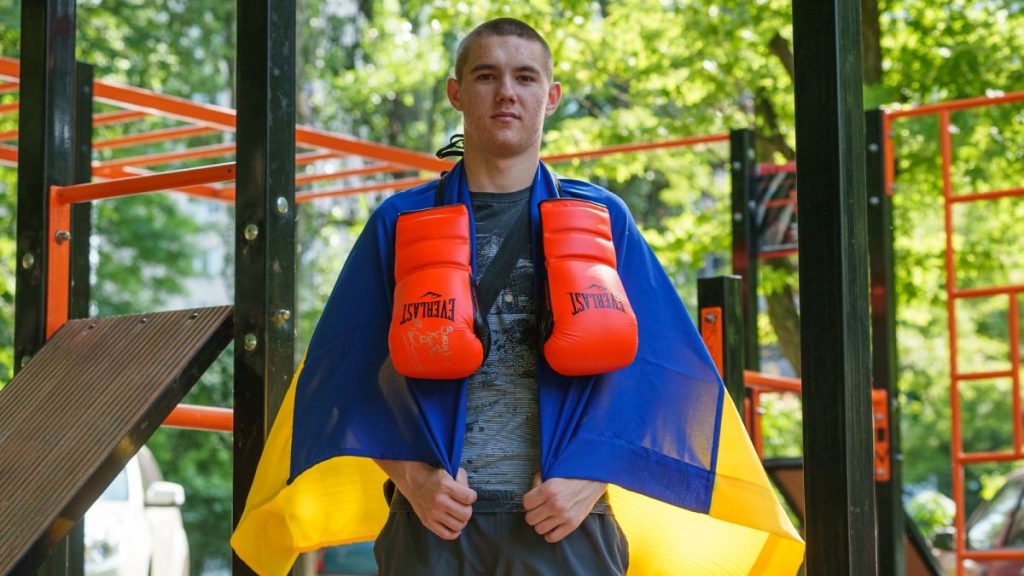The forced deportation and indoctrination of Ukrainian children by Russian forces represent a grave human rights violation and a calculated attempt to erase Ukrainian identity. This systematic process begins with targeting vulnerable families in occupied territories, offering incentives like access to kindergartens and schools. These institutions become tools of indoctrination, replacing Ukrainian language and history with Russian counterparts, immersing children in propaganda, and fostering loyalty to the occupying regime. This process is further intensified through “vacation camps” in Russia and occupied Crimea, which serve as testing grounds for families’ allegiance and further isolate children from their Ukrainian heritage.
The case of Vlad, a 16-year-old boy from Kherson, exemplifies the ordeal faced by countless Ukrainian children. Abducted while his mother was grieving the death of his grandmother, Vlad was transported to Crimea and subjected to a relentless campaign of Russification. Forced to sing the Russian anthem, punished for displaying Ukrainian patriotism, and threatened with psychiatric confinement, Vlad experienced extreme psychological distress, even contemplating suicide. His experience highlights the psychological trauma inflicted on these children, forced to endure isolation, intimidation, and the constant pressure to renounce their identity. The suicide of another Ukrainian teenager in similar circumstances underscores the tragic consequences of this forced assimilation.
These are not isolated incidents. The Save Ukraine organization, led by Mykola Kuleba, reveals a pattern of abuse and manipulation. Children are placed in hostile Russian foster families, subjected to constant denigration and forced to express gratitude to the very forces destroying their homeland. The militarization of education further cements Russia’s long-term strategy of creating a generation indoctrinated to fight against Ukraine. Older children, especially boys, face the imminent threat of conscription into the Russian army, forcing them to participate in the war against their own country. The story of two orphaned boys, forcibly conscripted and sent to the front lines, demonstrates the tragic culmination of this process.
The efforts to retrieve these children are fraught with danger and complexity. Tetyana, Vlad’s mother, embarked on a perilous journey through multiple countries, enduring intense FSB scrutiny, interrogation, and psychological manipulation to secure her son’s release. Her experience highlights the extraordinary lengths parents are willing to go to rescue their children and the intimidating tactics employed by Russian authorities to discourage such attempts. Even after Vlad’s return, the psychological scars remained, requiring ongoing support and rehabilitation. This highlights the long-term impact of trauma and the need for comprehensive mental health services for both children and their families.
The psychological consequences of these experiences are profound and far-reaching. Children suffer from nightmares, flashbacks, and the lingering effects of witnessing violence against their families. Save Ukraine has developed rehabilitation programs to address these traumas, but the process of healing is long and arduous, requiring extensive support and resources. The organization works to reintegrate children into their families, provide educational and healthcare services, and address the psychological wounds inflicted by their ordeal. This highlights the multifaceted nature of the recovery process and the commitment required to support these children and their families.
The urgency of this situation cannot be overstated. The longer children remain under occupation, the more deeply ingrained the effects of indoctrination become. While older children like Vlad retain a stronger sense of their Ukrainian identity, younger children are more vulnerable to manipulation, losing their connection to their heritage and culture. This underscores the shrinking window of opportunity to rescue these children and the devastating long-term consequences of prolonged exposure to Russian influence. With each passing day, the challenge of reclaiming a generation lost to forced assimilation grows exponentially. The estimated 1.5 million Ukrainian children under Russian occupation since 2014 represent a tragic testament to the scale of this humanitarian crisis. Their future, and the future of Ukraine, hangs in the balance.














